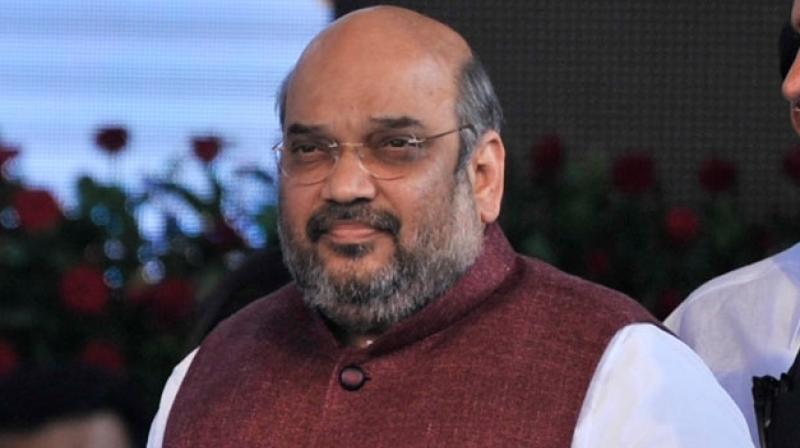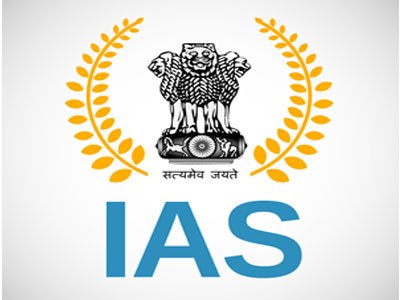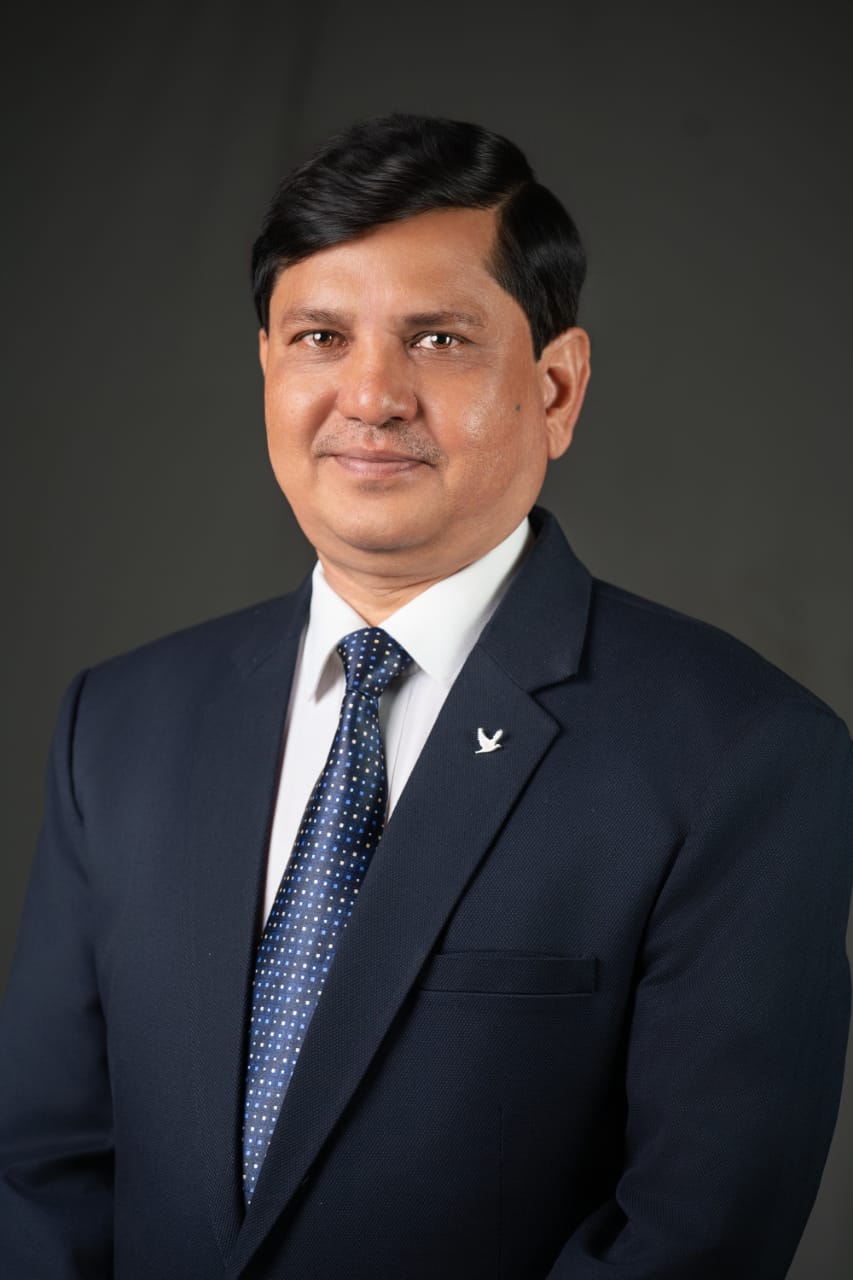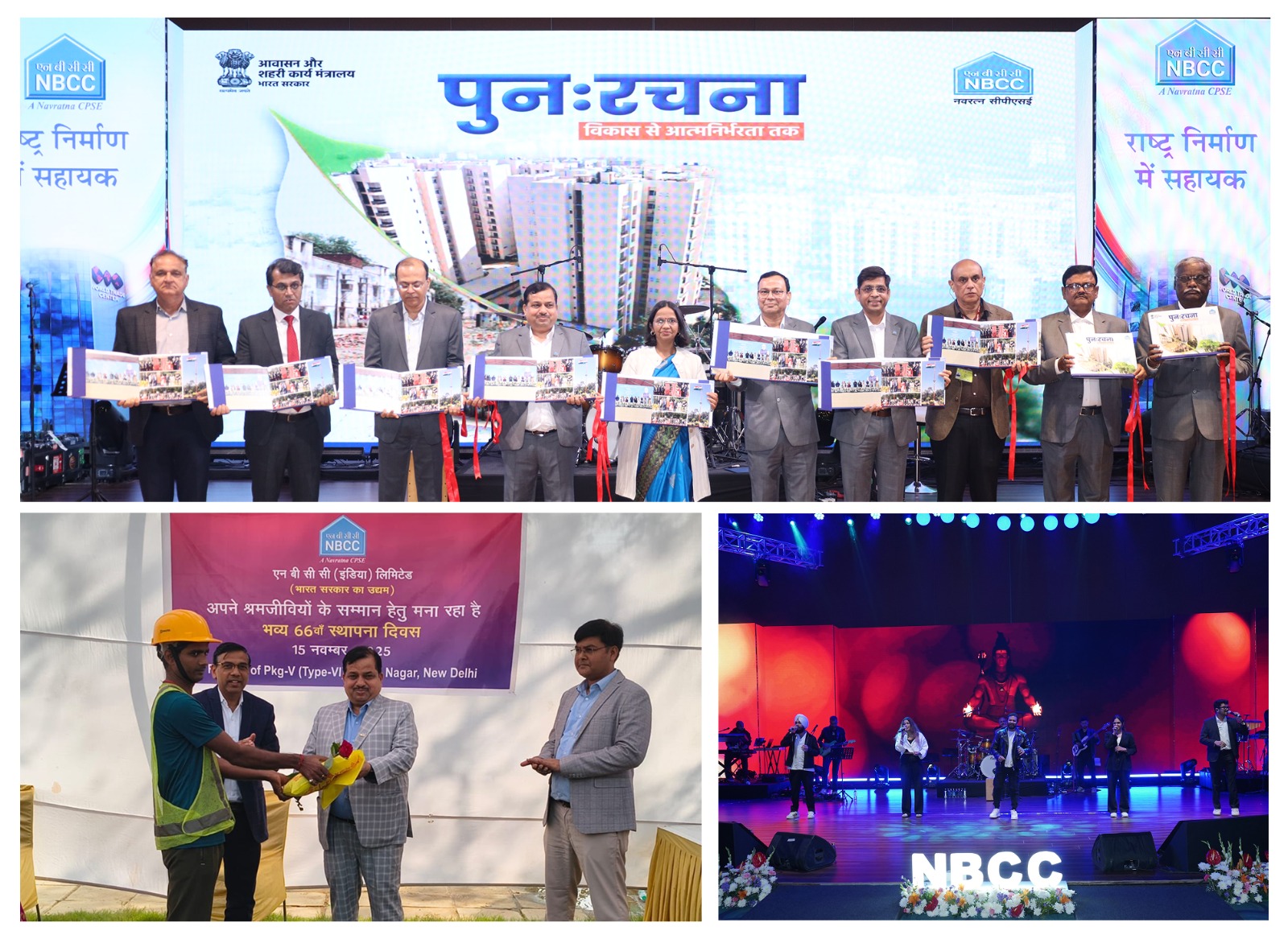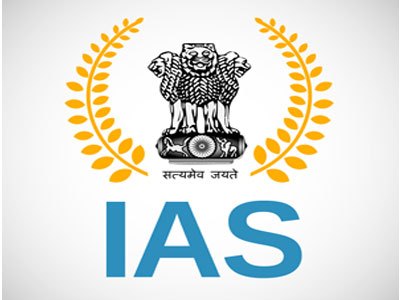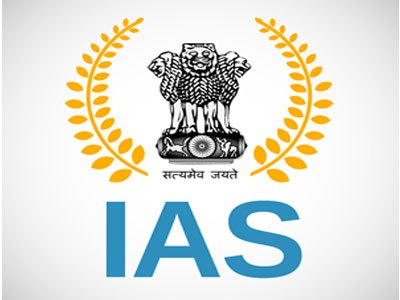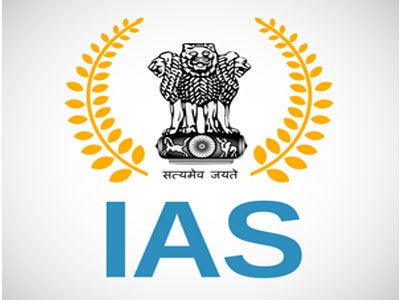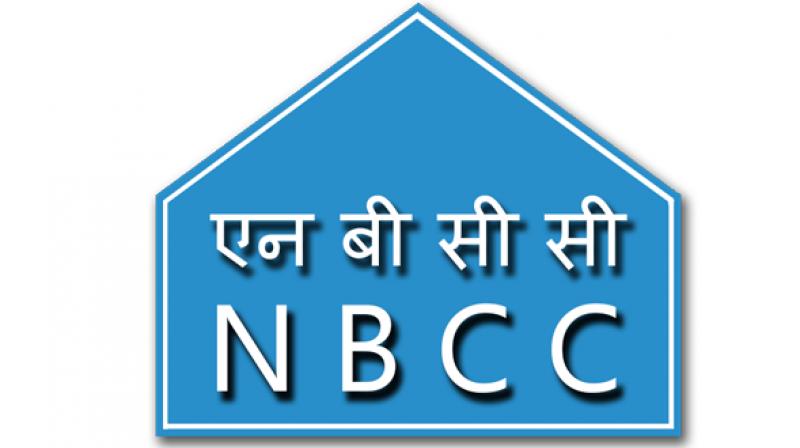Amit Shah, today unveiled the National Cooperation Policy – 2025 in New Delhi. On this occasion, Union Minister of State for Cooperation Shri Krishan Pal Gurjar, Shri Murlidhar Mohol, Cooperation Secretary Dr. Ashish Kumar Bhutani, former Union Minister and chairman of drafting committee of new Cooperation Policy, Shri Suresh Prabhu, and many other dignitaries were present.
Addressing the unveiling ceremony of the National Cooperation Policy – 2025, Union Minister of Cooperation Shri Amit Shah said that under the leadership of Shri Suresh Prabhu, a 40-member committee has presented a comprehensive and visionary cooperation policy to the country's cooperative sector after holding dialogue with various stakeholders. The Minister of Cooperation said that for a better future of cooperation, a 40-member committee was formed, which conducted regional workshops and held extensive discussions with cooperative leaders, experts, academicians, ministries, and all other stakeholders to draft the policy. The committee received about 750 suggestions, held 17 meetings, and after consultations with RBI and NABARD, finalized the policy.
Shri Amit Shah said that in 2002, for the first time, the Government of India introduced a Cooperation Policy, and even at that time, it was their party in power, with the late Atal Bihari Vajpayee as the Prime Minister. Now in 2025, when the Government of India has presented the second Cooperation Policy, it is again their party in power, with Shri Narendra Modi as the Prime Minister. Shri Amit Shah said that only a party with a vision and its understanding from the perspective of governance to achieve what is required for the country and its development, can give importance to the cooperative sector.
Union Minister of Cooperation Shri Amit Shah said that the new Cooperation Policy is a historic step toward fulfilling Prime Minister Shri Narendra Modi’s vision of ‘Sahkar Se Samriddhi’ (Prosperity through Cooperation). He said that the Modi government has set a goal for India to emerge as the world’s third-largest economy by 2027. Along with that, India also holds the responsibility for the inclusive development of its 1.4 billion citizens. He said that India’s core idea is to create a model in which there is a collective development for all, equitable growth for everyone, and national progress through the contributions from everybody.
